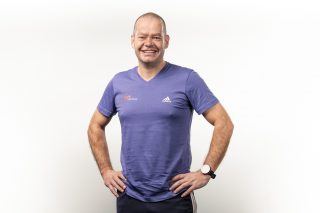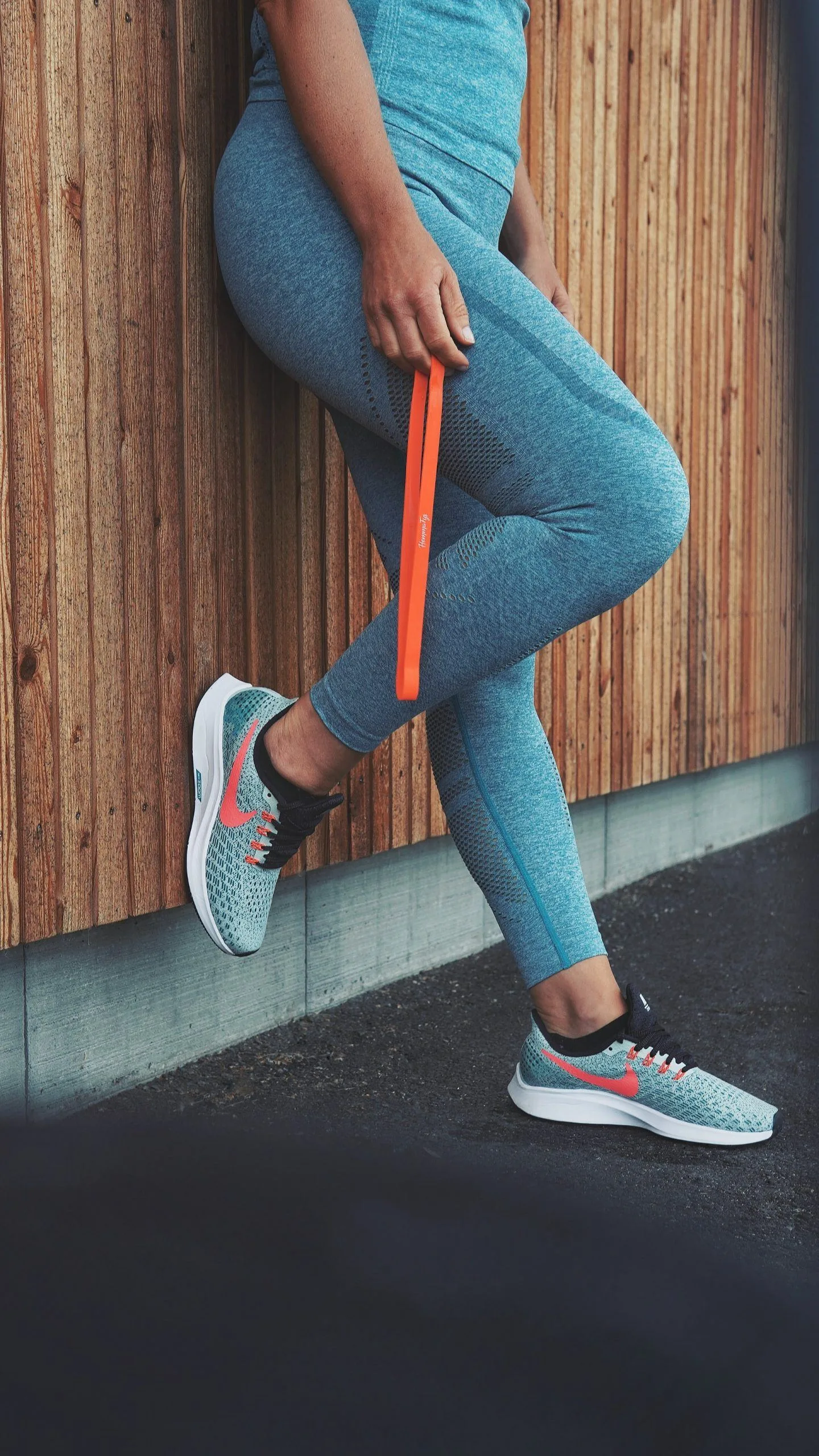One of our greatest challenges is that we want instant gratification while rejecting the investment of time and energy into long-term outcomes. This approach does not work when it comes to exercise because we cannot rush the body’s physiology. The exercise you do and the changes you make to your diet have a cumulative effect over time. Prof Ross Tucker, Sports Scientist and Virgin Active expert advisor explains.
As you train, your physiology adapts which makes you fitter, healthier, and able to push on for longer and further, lift a heavier load or complete a routine you were previously unable to. You simply have to give it time as rushing places too much pressure on those physiological adaptations, which may lead to failure and result in illness, injury or burnout.
Setting Achievable Fitness Goals For 2022
Whether you want to lose weight, get in shape, reach a fitness goal or improve your performance, give your body time to adapt. It is essential to have a long-term vision in mind when you attempt to transform your exercise, health, and fitness goals. Approach it as if it were a novel – rather than a social media post.

Photo by Kaylee Garrett on Unsplash
It’s a long process, somewhat like a story with a beginning, middle, and end. Remember that each chapter is one small step towards the final chapter and set yourself realistic goals, instead of losing motivation by the amount of time it’s going to take.
Easy and attainable
It’s human nature to want to succeed early on, so give yourself instant gratification along the way. The first page of your novel should contain the easiest and most attainable goals that can be achieved in the short term. This will prevent you from being discouraged by the enormity of the final goal.
As long as you steadily finish one chapter at a time – one day at a time, one week at a time – you’ll get closer to that final goal, which will appear more attainable with time.
Where to start?
If you’re starting from scratch, your first fitness goal may be to walk around the block. Once you’ve achieved it, find the next chapter to successfully complete. You’ll be so encouraged by your success that the next day you might go around the block twice.
Chapter three of your novel might be to go around the block three times, until after a few weeks this builds to 10 minutes, which becomes 15 minutes, and eventually by week four you’ll be able to run around the block.
 By week eight, you might be able to run around the block a number of times. If you can achieve these short-term goals, you’re more likely to persist to achieve much more challenging goals like running 5 km and one day completing a marathon.
By week eight, you might be able to run around the block a number of times. If you can achieve these short-term goals, you’re more likely to persist to achieve much more challenging goals like running 5 km and one day completing a marathon.
Stay in your lane
Keep in mind that everybody’s progress is different, so do not measure yours against someone else’s fitness goals. Be persistent and don’t give up if you don’t see results within the first few weeks.
Perhaps your mid-term fitness goal is to change clothing size or hold a conversation while exercising. These should be your signs of progress, rather than a linear timeline. Avoid a one-size-fits-all mindset and focus on yourself.
Bottom line
Set fitness goals you can successfully achieve. This will keep you coming back for more so that you can finish the novel you’re writing for yourself. Make sure your final chapter has a happy ending with a series of fun-filled chapters between the start and the finish.
About the Author
 Professor Ross Tucker is a Sports Scientist and an ambassador and strategic advisor for Virgin Active. He was a Senior Lecturer with UCT’s Exercise Science and Sports Medicine research unit (ESSM), and a High Performance consultant to the Sports Science Institute of SA. Ross obtained a PhD on fatigue and the regulation of exercise performance, and completed a Post-Graduate Diploma in Sports Management from the University of Cape Town. His dual qualification background positions him ideally to bridge the gap between data and strategy, science and commerce. Read more about his fitness skills in his full bio below.
Professor Ross Tucker is a Sports Scientist and an ambassador and strategic advisor for Virgin Active. He was a Senior Lecturer with UCT’s Exercise Science and Sports Medicine research unit (ESSM), and a High Performance consultant to the Sports Science Institute of SA. Ross obtained a PhD on fatigue and the regulation of exercise performance, and completed a Post-Graduate Diploma in Sports Management from the University of Cape Town. His dual qualification background positions him ideally to bridge the gap between data and strategy, science and commerce. Read more about his fitness skills in his full bio below.





![women [longevity live]](https://longevitylive.com/wp-content/uploads/2020/01/photo-of-women-walking-down-the-street-1116984-100x100.jpg)









